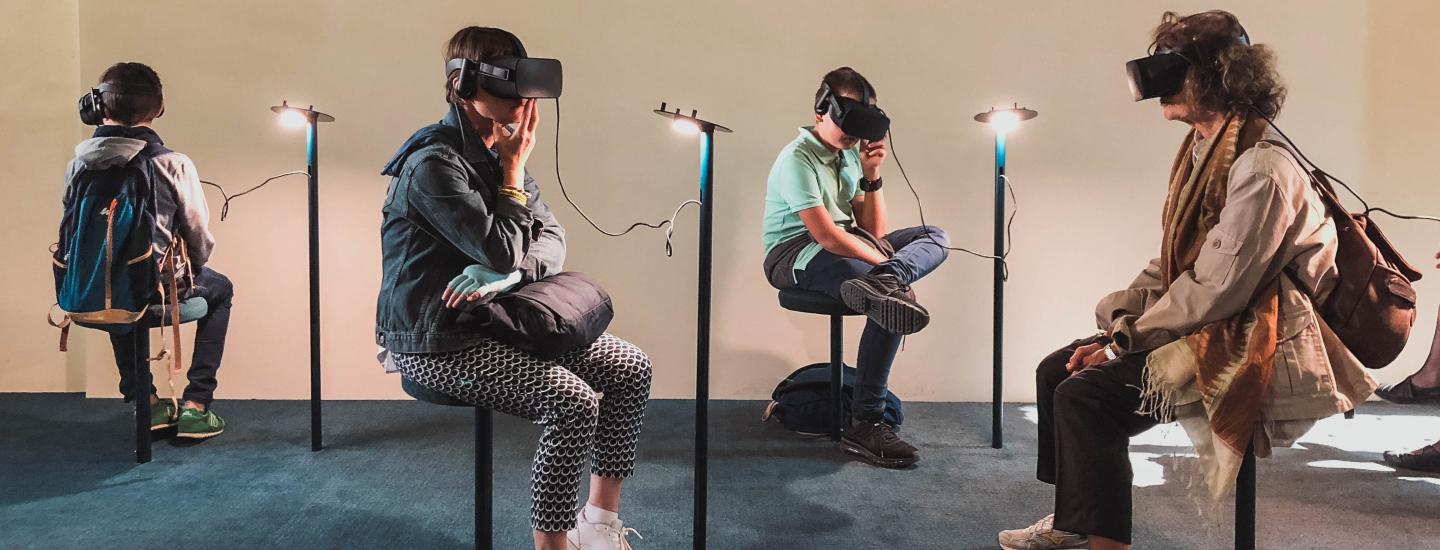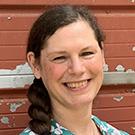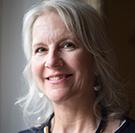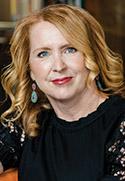
Check out this tip sheet, so you can know the facts about 21st-century skills.
Are you wondering what the future of work looks like, and what’s your place in it? We know there’s a ton of info out there, with a lot of buzzwords and hype. It can be confusing! Check out this Lifelong Learning 101 tip sheet, so you can know the facts about 21st-century skills.
LIFELONG LEARNING
Learning doesn’t end once you’ve earned a college/university credential! Continuing education is no longer a “nice to have”; it’s a need for workforce engagement and personal career satisfaction. Essentially, learning and having a career isn’t a linear path like it might have been in the past; it’s an intricate journey full of twists, turns, and exciting opportunities.
SKILLS GAP
This means there is a disconnect between the qualifications employers are looking for, and the skill sets that potential employees have. The pandemic, rapid changes in digital technology, and dynamic global markets have widened this gap.
INDUSTRY 4.0
This one sounds intimidating, but it’s not! This term simply refers to the increasing emphasis on digital and technology-focused skill requirements. It means we have moved beyond the Third Industrial Revolution, (i.e., the emergence of the personal computer), and we are in a new era of automation and artificial intelligence – which we call the Fourth Industrial Revolution or Industry 4.0.
UPSKILLING AND RESKILLING
It’s easy to mix these two up! They have a common goal: to teach skills that will help you gain 21st-century job qualifications. Upskilling means you are enhancing your current knowledge and skills, whereas reskilling means you are building on your existing knowledge while gaining new in-demand skills in a new domain.
In a nutshell: Industry 4.0 = Increasing skills gap.
The answer to the skills gap? Lifelong learning!
We hope this helps. You’ve got this!



















